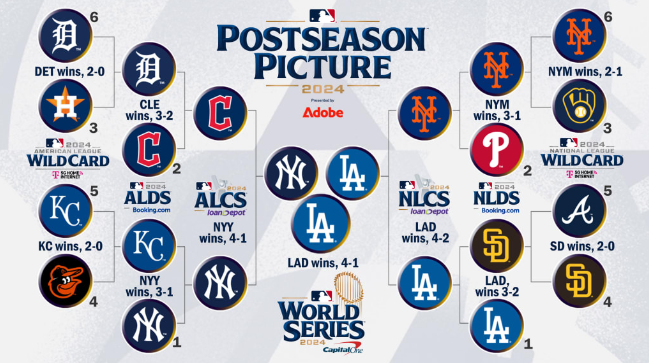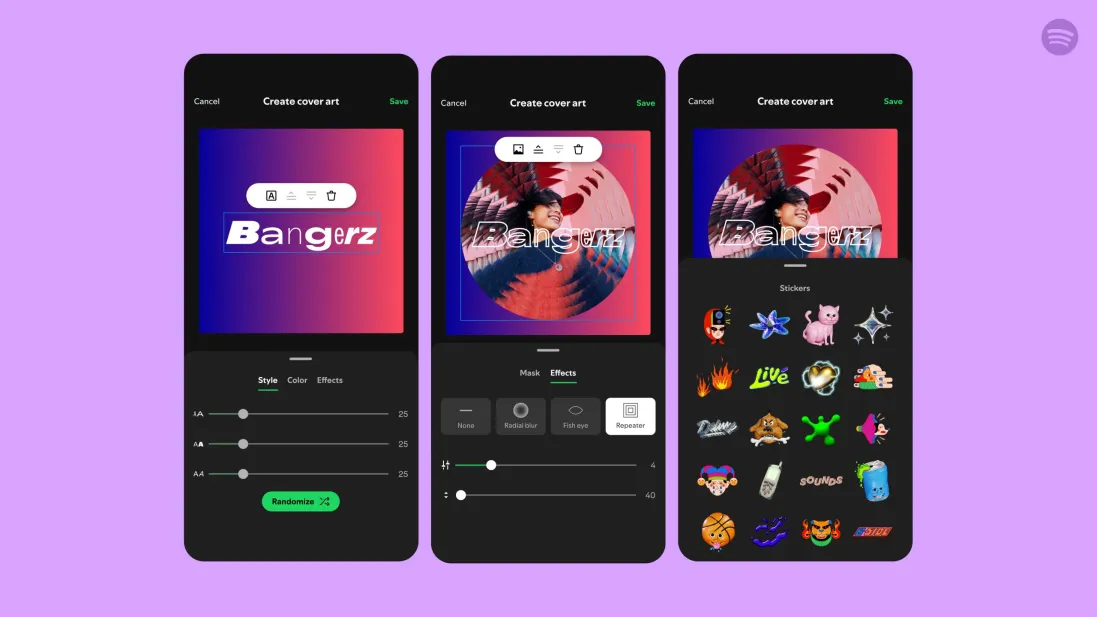K-pop is short for Korean pop music, it has long been defined by its blend of infectious melodies, synchronized choreography, and most importantly, its Koren identity. However, in recent years, there has been a noticeable shift: Korean lyrics in K-pop songs are increasingly being replaced by English. While this evolution caters to the global market, it also raises concerns about the genre losing its cultural essence. As a fan, I can not help but feel disappointed.
One of the most apparent examples of this trend is the rise of full English language tracks by K-pop groups. BTS and Twice are grounds that initially gained international fame with Korean songs–have released English singles such as “Dynamite,” “Butter,” and “The Feels”. While these songs achieved commercial success worldwide, they mark a departure from what originally made K-pop unique. Instead of blending Korean and English in creative ways, some artists now learn entirely into English to reach a broader audience. Seeing these groups, who once proudly showcased Korean culture, now prioritizing Western appeal feels disheartening.
Beyond singles, K-pop albums increasingly feature a higher proposition of English lyrics, and groups are incorporating more English phrases into their Korean songs. Entertainment companies recognize that English lyrics make songs more accessible, increasing streaming numbers, chart performances, and global recognition. But at what cost? This change risks alienating the foundation that K-pop was built on. It is about Korean linguistics, Korean Fans, and cultural identity.
The disappearance of Korean in K-pop also impacts the way fans engage with the genre. Part of the magic of K-pop was its ability to introduce a global audience to the Korean language. The infusion of Korean lyrics with occasional English words made the music stand out. With the increasing dominance of English, K-pop risks blending into Western pop rather than maintaining its distinct identity.
K-pop is more than just music, it was a gateway to Korean culture, from traditions to modern trends. When it prioritizes English over Korea, it dilutes its cultural significance and becomes another extension of the Western music industry.
While global expansion is inevitable, Korean lyrics should remain central to K-pop. Instead of replacing Korean with English, artists should maintain a balance. They should be able to make different versions of the same song rather than only having an English version. K-pop’s worldwide appeal came from its language, music, and storytelling. Watching the language fade in its own music is disappointing.























